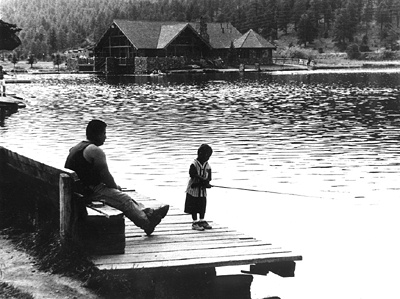All Nonfiction
- Bullying
- Books
- Academic
- Author Interviews
- Celebrity interviews
- College Articles
- College Essays
- Educator of the Year
- Heroes
- Interviews
- Memoir
- Personal Experience
- Sports
- Travel & Culture
All Opinions
- Bullying
- Current Events / Politics
- Discrimination
- Drugs / Alcohol / Smoking
- Entertainment / Celebrities
- Environment
- Love / Relationships
- Movies / Music / TV
- Pop Culture / Trends
- School / College
- Social Issues / Civics
- Spirituality / Religion
- Sports / Hobbies
All Hot Topics
- Bullying
- Community Service
- Environment
- Health
- Letters to the Editor
- Pride & Prejudice
- What Matters
- Back
Summer Guide
- Program Links
- Program Reviews
- Back
College Guide
- College Links
- College Reviews
- College Essays
- College Articles
- Back
Daddy's Womb
The poem "Daddy's Womb" by Carl H. is a striking yet simple piece. The title itself makes you wonder what the poem is even about before you start reading. From beginning to end, the reader's attention is captured, and it is one of those poems that can be interpreted many different ways.
The poem describes a child who is curious if he can swim or fly. His father allows him to try but warns him of dangers such as the sea "imprisoning" him. At the end of the poem, the boy tries to fly but notices his father pulling on a chain, restraining him.
This poem can be interpreted a few different ways as many poetry pieces can. One message th reader can take from the poem is that our parents/guardians are constantly restricting us from exploring the world and living out our dreams. The message I took from the poem was that our parents want to protect us from the dangers of the world without us knowing. When the boy wanted to fly high, his father suggested trying, but it wasn't until later that the boy realized he was bound by a chain that his father held.
The author esecured the poem very nicely. The rhyme scheme and mechanical errors(such as a lower case i for the word I) to reflect a child's writing and give the reader the feel that a child is the speaker of the poem.

Similar Articles
JOIN THE DISCUSSION
This article has 0 comments.
